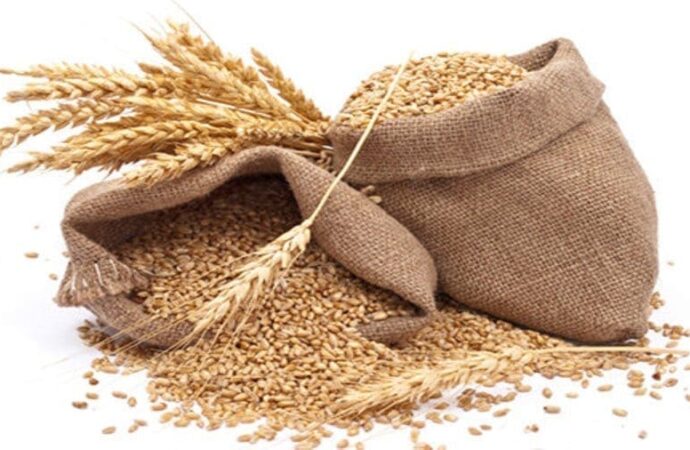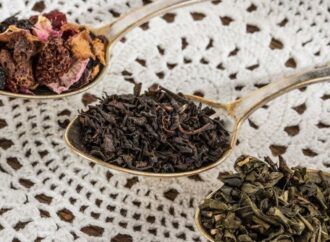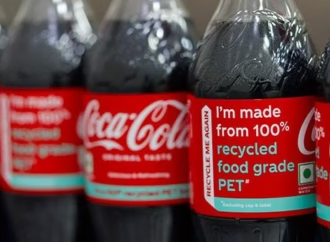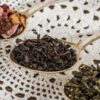Report
In recent years, experts have raised serious concerns about the safety of using jute packaging for food items, primarily due to health risks linked to Jute Batching Oil (JBO). In response, the Food Safety and Standards Authority of India (FSSAI) will host a high-level consultation in April 2025 titled “Sustainable Packaging for Food Business: Emerging Global Trends and Regulatory Framework.” This meeting aims to strengthen food safety protocols and evaluate the sustainability and safety of current food packaging practices in India.
FSSAI Reviews Jute Packaging Amid Regulatory Pressure
The government enforces jute packaging under the Jute Packaging Materials Act (JPMA), 1987, which mandates the use of jute bags for 80% of food grains and 20% of sugar. Initially, the government introduced this law to support and modernise the jute industry. However, with new evidence of harmful chemical migration from jute bags to food, regulators are now re-evaluating this long-standing mandate.
IITR Study Confirms JBO’s Carcinogenic Risks
Jute manufacturers use JBO—a petroleum-based mineral oil—to soften fibres during processing. While the industry favours JBO for its affordability and efficiency, scientists have flagged it as a major health risk. JBO contains polycyclic aromatic hydrocarbons (PAHS), which global health authorities classify as carcinogenic. In January 2025, the Indian Institute of Toxicology Research (IITR) published a report that confirmed these concerns. The study linked JBO exposure to carcinogenic, tumorigenic, and toxic effects. It also confirmed that JBO migrates into food, especially staples like grains and sugar, when stored in jute bags.
Studies Highlight Health Hazards and Policy Inconsistencies
Researchers have also found that JBO endangers not only consumers but also workers who handle jute packaging regularly. Despite these risks, Indian regulations still mandate jute packaging for domestic sugar. However, authorities allow exceptions for exported sugar, and large industries—including beverage and pharmaceutical companies—avoid using jute bags altogether. Even government agencies responsible for public food distribution prefer alternative packaging for sugar.
Weighing Health Risks Against Sustainability Claims
Although people often view jute as an eco-friendly packaging material, its reliance on JBO undermines its sustainability image. Safer alternatives to JBO do exist, but manufacturers often reject them due to higher costs and limited availability. As FSSAI prepares to release new recommendations for sustainable food packaging, it must prioritise public health alongside environmental goals. To ensure that packaging materials protect both consumers and the planet, regulators must address the health risks tied to JBO use. Current evidence suggests that jute packaging, in its present form, falls short, especially when used for storing sugar and essential food grains.
Source: Foodtech Network
 Food Manifest
Food Manifest 